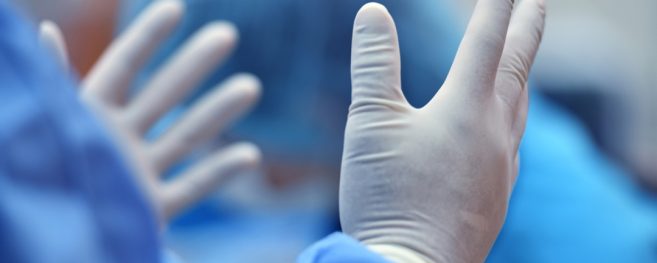Realistic Expectations from Weight Loss Surgery
Weight loss surgery has been proven to be the only effective way to achieve and maintain significant weight loss for those suffering from severe obesity. Most diet and exercise programs and medications can be effective in achieving modest weight loss for the short term, but studies have shown that most people will regain their weight.
So what can you realistically expect from weight loss surgery?
I will share with you our own experience with our patients at TSB to help you establish realistic goals for your own weight loss with the help of surgery. First, I would like to define %EWL (percent excess weight loss). Excess weight is usually defined as the amount of weight that is more than the normal weight for a person with a given height and weight. The %EWL is the percentage of the excess weight that is lost. What our average patients have achieved in terms of %EWL is shown below: Lapband:
- 43% EWL at 1-year
- 40% EWL at 3-years
Sleeve Gastrectomy:
- 56% EWL at 1-year
- 53% EWL at 3-years
Gastric Bypass:
- 62% EWL at 1-year
- 73% EWL at 3-years
For illustration purposes, let’s say that patient X is 100 lbs. overweight and behaves as our average patient. Compliance with our recommended diet and lifestyle changes is not perfect, but is good. With the Lapband, patient X can expect 43% EWL, or 43 lbs. of weight loss at 1 year. At 3 years, patient X can expect 40% EWL, or 40 lbs. of weight loss, meaning that most of the weight lost initially can be maintained with the help of the Lapband by the average patient. With the sleeve gastrectomy, patient X can expect 56% EWL, or 56 lbs. of weight loss at 1 year. At 3 years, patient X can expect 53% EWL, or 53 lbs. of weight loss, meaning that most of the weight lost initially can be maintained with the help of the sleeve gastrectomy by the average patient. With the gastric bypass, patient X can expect 62% EWL, or 62 lbs. of weight loss at 1 year. At 3 years, patient X can expect 73% EWL, or 73 lbs. of weight loss, meaning that all of the weight lost initially can be maintained with the help of the gastric bypass by the average patient. For patient Y that is 200 lbs. overweight, you can double the lbs. lost by patient X. So, should you choose a particular surgery solely based upon the results shown above? I would like to point out that each surgery has its set of potential short and long term complications. With each surgery, as the %EWL increases, the risk of potential serious complications increase. When choosing a particular surgery, one must consider the potential risks and benefits, and evaluate one’s individual concerns regarding the acceptability of the potential risks of the surgery. If there were one surgery that clearly stood out as being the best in terms of safety and effectiveness, then we would offer only that particular surgery. We continue to offer the three procedures so that you can choose the one best suited to your needs and acceptance of risks. Please bear in mind that these numbers represent the averages. What you achieve with your weight loss surgery will depend upon your compliance with the diet and lifestyle changes recommended to you by our clinical staff. If you are above average in complying with our recommendations, then you can expect above-average results. We have many patients that have achieved 100% EWL with superior compliance. On the other hand, we also have patients that have achieved below-average results due to their below-average compliance with our recommended diet and lifestyle changes. If you achieve and maintain the average %EWL for your particular surgery, you should know that you have succeeded and feel proud of your accomplishment. If you achieve better results, you are to be heartily congratulated on your above-average performance. If you fall below the averages, you can and should try harder to better comply with our recommended diet and lifestyle changes to catch up to the averages. We will soon have an app on our website that will allow you to track your own weight loss against the average patient with your particular surgery. Weight loss per se is not the only measure of success with weight loss surgery. Even with modest weight loss of 20-30 lbs., some diabetic patients will experience improvement or resolution of their diabetes due to a combination of weight loss and dietary modification. Likewise, some patients with osteoarthritis will also enjoy decreased pain in their weight bearing joints and gain more mobility after 20-30% EWL. Many patients with sleep apnea will see improvement or resolution of their sleep apnea well before they reach the average %EWL. The point is that there are additional measures of success of weight loss surgery besides the pounds lost that are equally, if not more, important.











